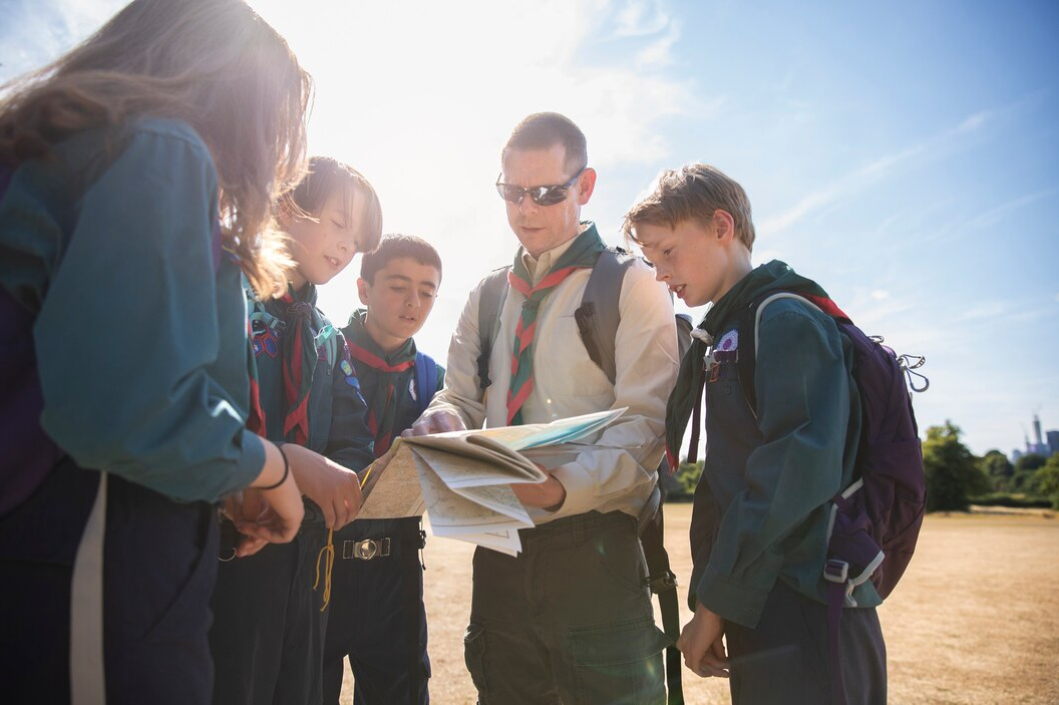
Unlocking the Mysteries of Simple Words: A Journey Through Early Childhood Education
Introducing a preschooler to reading and writing can be both exhilarating and challenging for parents or teachers. Let’s acknowledge that every preschooler learns at their own pace before we begin. In this post, we’ll explore the value of simple words for toddlers and how to make their educational experience enjoyable.
Defining Simple Words
Preschoolers recognize and sound out easy words quickly because they are short, simple, and familiar. Words like “cat,” “dog,” “ball,” “red,” and “blue” are examples. These words are crucial for building early literacy and writing skills.
Making Learning Enjoyable
Nurturing a passion for learning is essential. For instance, flashcards or photos can help relate phrases to everyday items. Games like “I Spy” or “Scavenger Hunt” help preschoolers recognize items based on learned phrases.
Games and Multimodal Teaching
Playing interactive games keeps preschoolers engaged. Using multimodal teaching techniques—sight, hearing, touch, and movement—reinforces learning. For example, when teaching “cat,” show a picture, say the word, let them pet a toy cat, and mimic a cat’s motion.
Teaching Fundamental Phonetics
Start with phonetic sounds before complex words. Phonics links sounds to letters, encouraging preschoolers to sound out words independently. For “cat,” connect each phonetic sound—”c-a-t”—with the letter.
Expanding Vocabulary Through Reading
Reading to preschoolers regularly enhances vocabulary and exposes them to new ideas. Choose books with simple text and vibrant graphics to make reading enjoyable and connect words with visuals.
Building on the Foundation
Teaching simple words lays the groundwork for early literacy. Fostering a stimulating learning environment, using multisensory techniques, and introducing varied words aid in this process.
Introducing Word Families
Word families, like “-at” words (“cat,” “hat,” “bat,” “mat”), expand vocabulary and teach linguistic patterns, essential for reading and writing.
Teaching Sight Words
Sight words, like “the,” “and,” “is,” and “said,” improve fluency. Preschoolers recognize these words instantly, enhancing reading and writing skills.
Individual Learning Paces
Each child learns differently. Avoid comparisons and set realistic expectations. Honor each child’s growth and accomplishments.
Creating a Supportive Learning Environment
Establish a safe space for preschoolers to make mistakes and ask for help. Provide constructive criticism, positive reinforcement, and foster curiosity.
Involving Parents and Caregivers
Parents and caregivers play a crucial role in a preschooler’s education. Reading aloud, assisting with homework, and encouraging exploration at home support learning.
Encouraging Active Learning
Keep learning engaging with positive reinforcement and interactive activities. Games, music, and hands-on experiences make learning fun and exciting.
Utilizing Technology Wisely
Technology can enhance learning but should supplement, not replace, traditional methods. Educational apps and games can reinforce reading and writing skills.
Continued Support and Guidance
Provide ongoing support and encouragement. Celebrate preschoolers’ achievements and offer guidance throughout their educational journey.
Benefits Beyond Academics
Early literacy skills promote lifelong learning. Strong reading and writing skills improve communication, self-esteem, and social-emotional growth.
Enhancing Relationships
Developing early literacy skills strengthens the bond between preschoolers and caregivers. Shared reading and writing activities foster connection and support.
Continued Support
Parents and teachers should prioritize early literacy development and collaborate to ensure preschoolers receive support. This sets them up for success academically and personally.
Final Thoughts
Teaching simple words lays the foundation for lifelong learning. By creating a supportive environment, integrating various teaching methods, and involving caregivers, preschoolers can become confident readers and writers.
Individualized Learning
Preschoolers learn best with a personalized approach. Patience, varied strategies, and communication between educators and parents are key to their success.
Engaging Parents and Caregivers
Parents and caregivers play a crucial role in a preschooler’s educational journey. Involving them in literacy activities at home supports learning and strengthens the parent-child relationship.
Offering Diverse Reading Materials
Expose preschoolers to a variety of reading materials to foster a love of reading and expand vocabulary. Picture books, non-fiction, and poetry offer different perspectives and enrich learning.
Continued Learning Journey
Early literacy skills set the stage for future academic success. By providing support, encouragement, and varied learning opportunities, preschoolers can develop a lifelong love of learning.
Customized Learning
Recognize that preschoolers have unique learning styles and adapt teaching methods accordingly. Patience and flexibility are essential to meet each child’s needs.
Utilizing Technology Wisely
Technology can enhance learning experiences but should be used in moderation. Balance digital tools with hands-on activities to promote holistic development.
Continued Support and Guidance
Consistent support and guidance are essential for preschoolers’ success. By providing encouragement and celebrating achievements, educators and parents can foster a love of learning that lasts a lifetime.
Building Vocabulary
Expose preschoolers to a rich vocabulary through storytelling, reading, and conversations. This helps develop language skills and promotes comprehension.
Practicing Pre-Reading and Pre-Writing Skills
Preschoolers benefit from regular practice of pre-reading and pre-writing skills. Guided activities and games support skill development and boost confidence.
Enhancing Relationships
Shared literacy activities strengthen the bond between preschoolers and caregivers. Engaging in reading and writing together fosters communication and connection.
Continued Learning Journey
Preschoolers’ journey in mastering simple words lays the foundation for future academic and personal growth. By providing a supportive environment and diverse learning opportunities, educators and parents can nurture a lifelong love of learning.


